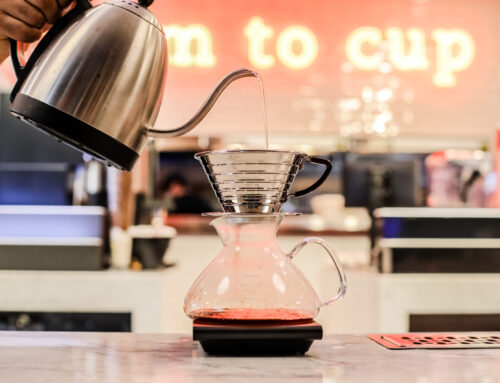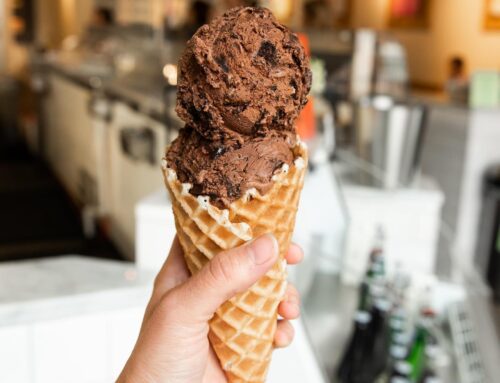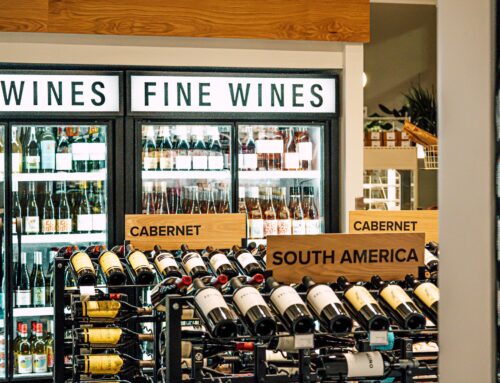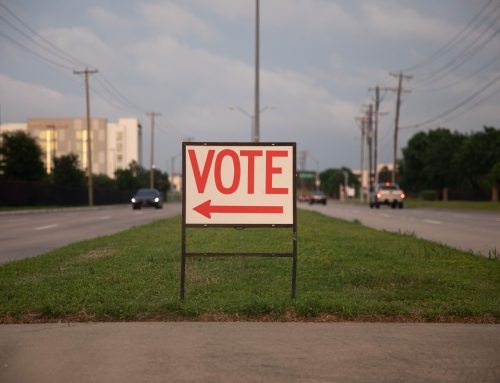Did you ever wonder why you could eat at a restaurant near White Rock Lake and order a glass of wine without doing anything other than flagging over the waiter, while the same process at a restaurant a mile or so away requires the handing over of driver’s licenses and the completion of paperwork?
Welcome to the wacky and wonderful world of liquor regulation in Texas, where you can be arrested for shipping a bottle of wine across the state line.
Honest.
“I understand the ideal, and I know what we have, and there is something wrong,” says Les Constable, whose Brushy Creek Vineyards will open this fall northwest of Fort Worth. Constable is a member of the Texas Grape and Wine Growers legislative committee.
“This is something we’re eventually going to have to do something about.”
Texas’ liquor laws are a legacy of Prohibition, when the compromise that repealed the 18th Amendment allowed each state to establish its own rules regulating liquor sales. In Texas, that includes the aforementioned private clubs, as well as what’s called the three-tier system – wineries sell to distributors who sell to retailers.
In the three-tier system, it’s illegal for consumers to order wine directly form an out-of-state winery, or to ask their retailer to bypass the distributor to get it for them. It’s even illegal to ask an out-of-state winery, or to ask their retailer to bypass the distributor to get it for them. It’s even illegal to ask an in-state winery to ship to your house if you live in a dry area, like parts of White Rock and Lake Highlands, unless you are the winery when you make the request.





